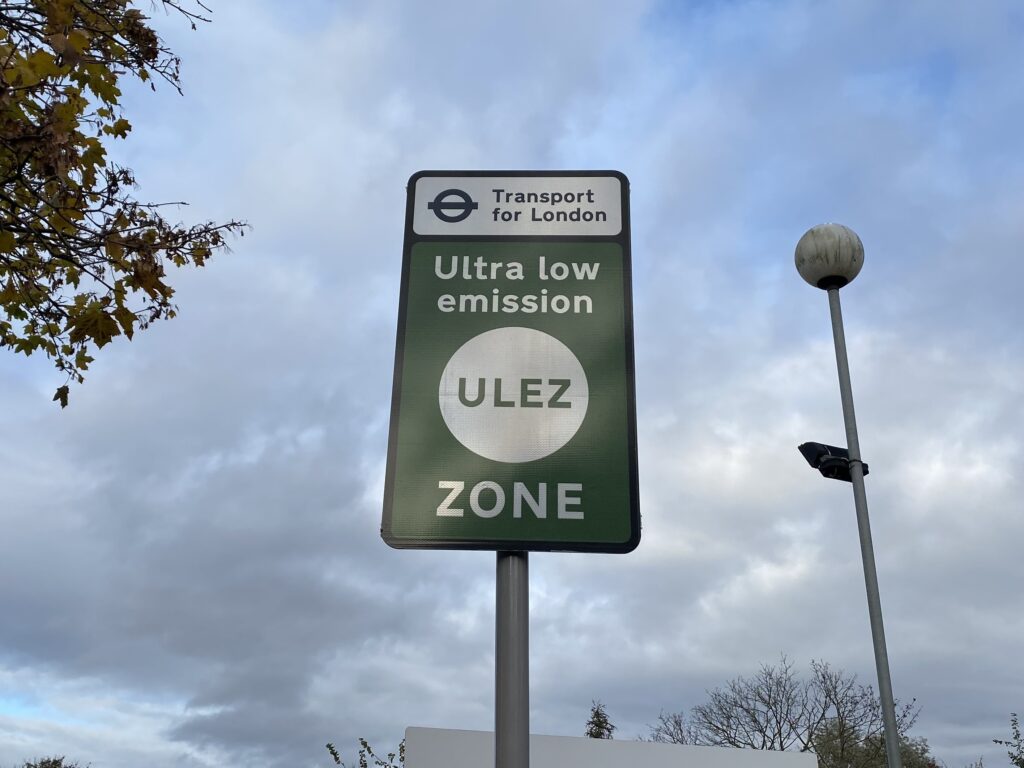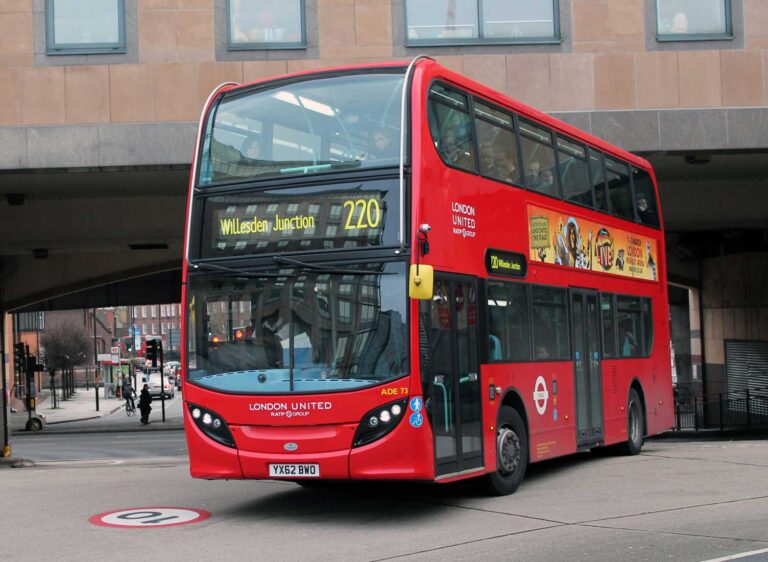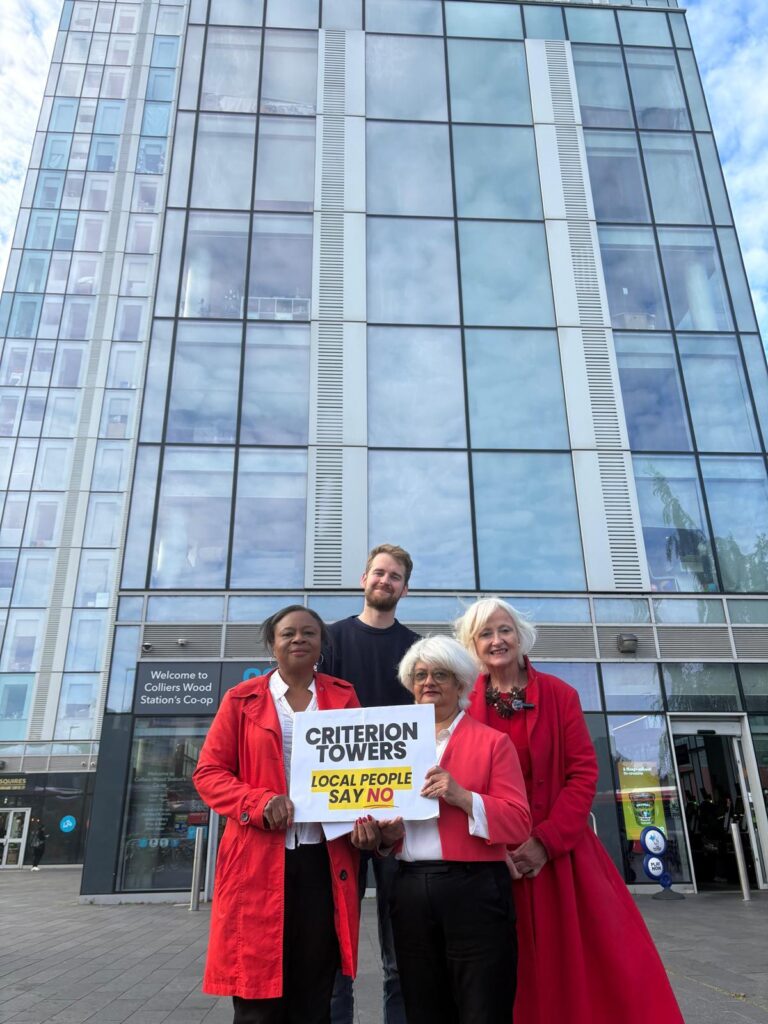Richmond Council is set to lobby Transport for London (TfL) to improve local bus services after outlining issues plaguing residents. The authority listed the demands after claiming public transport levels in Richmond have not materially improved since the expansion of the Ultra Low Emission Zone (ULEZ) to include all London boroughs in August, except for the launch of Superloop route 7.
A new report by council officers set out common concerns raised by residents about local bus services – including overcrowding, early terminations, lengthy waits during driver changeovers, idling, and bus information boards being out of action or unreliable. The council’s transport committee approved a set of priorities to raise to TfL in a bid to tackle these issues on June 10.
The priorities include improving bus service coverage and frequency in areas where public transport is less accessible – particularly Heathfield, Hampton and Ham, which the report described as having many residents living outside an ‘appropriate walking distance to a bus route’. Introducing a direct bus route connecting Twickenham and Kingston is also among the priorities, along with calling for more reliable services and better facilities at bus stops such as bus shelters, seats and information boards.
The council also agreed to lobby TfL to tackle bus-related problems in Barnes caused by the closure of Hammersmith Bridge to vehicles in 2019. The report said almost 400 buses a day now use residential streets in Barnes to turn around, and that this should take place on main roads instead. Another demand set out by the council supports single deck services becoming double deck services where the frequency of buses is not expected to increase, such as routes H22, 110, R70 and 490.
The report described buses as the ‘most important part of the public transport system’. It said: “They offer a greater degree of flexibility, accessibility, availability and affordability compared with rail services. They enable residents to access jobs and services, and are particularly beneficial for those, often lower-paid workers, who work unsocial hours and elderly and disabled people.”
It added: “The improvement of bus services would additionally help address transport inequality across the borough and support those dependent on bus services and lower-income households.”
A TfL spokesperson said: “We are committed to providing a safe and reliable bus service that meets the complex, evolving needs of Londoners. We regularly review our services according to customer demand and will continue to work closely with Richmond Council.”







